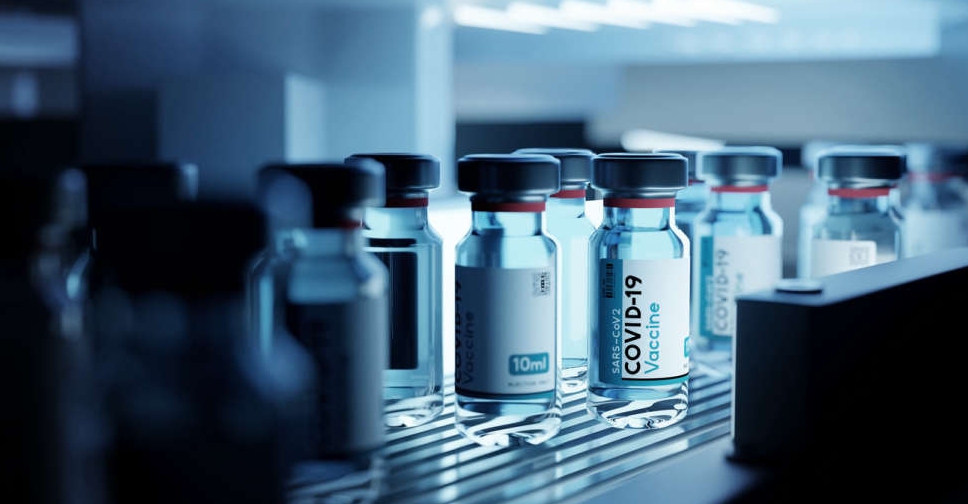
A mixed vaccination of first AstraZeneca and then a Pfizer COVID-19 shot boosted neutralising antibody levels by six times compared with two AstraZeneca doses, a study from South Korea showed.
The study involved 499 medical workers - 100 receiving mixed doses, 200 taking two doses of the Pfizer/BioNTech shot and the remainder getting two AstraZeneca shots.
All showed neutralising antibodies, which prevent the virus from entering cells and replicating, and the result of the mixed schedule of vaccines showed similar amounts of neutralising antibodies found from the group that received two Pfizer shots.
A British study last month showed similar results - an AstraZeneca shot followed by Pfizer produced the best T-cell responses, and a higher antibody response than Pfizer followed by AstraZeneca.
The data provides further support for the decision of several countries to offer alternatives to AstraZeneca as a second shot after the vaccine was linked to rare blood clots.
The South Korean study also analysed neutralising activity against major variants of concern, the Korea Disease Control and Prevention Agency (KDCA) said.
None of the groups demonstrated reduced neutralising activity against the Alpha variant, first identified in Britain, but the neutralisation titre decreased by 2.5 to 6 fold against Beta, Gamma and Delta, first detected in South Africa, Brazil and India respectively.




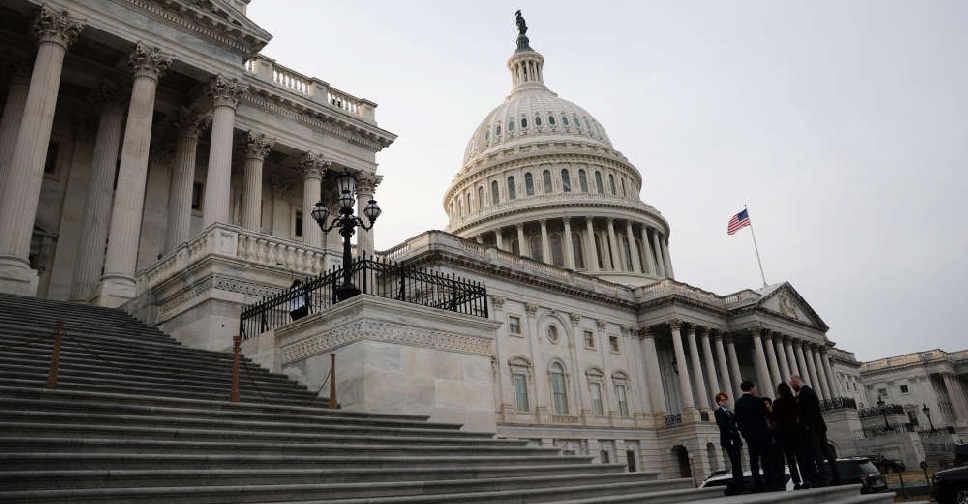 US House rejects war powers resolution, backs Trump on Iran war
US House rejects war powers resolution, backs Trump on Iran war
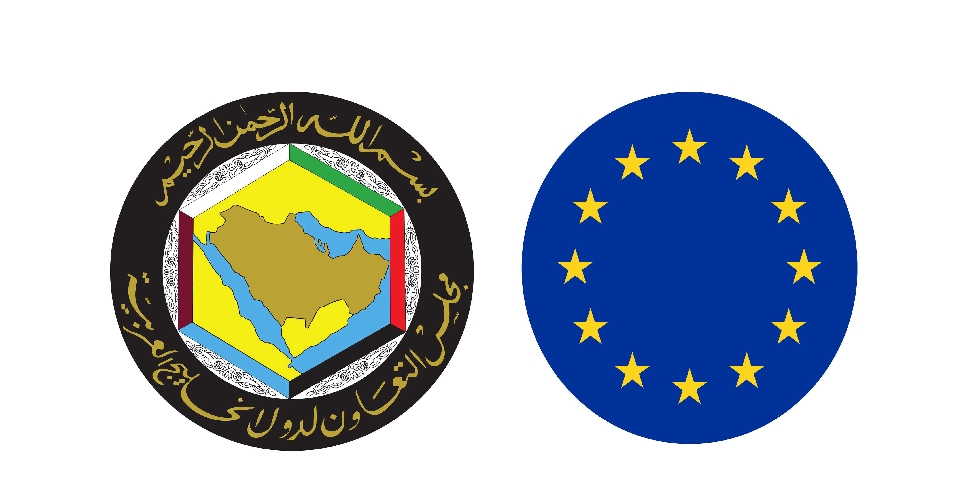 GCC and EU ministers urge immediate halt to Iranian attacks
GCC and EU ministers urge immediate halt to Iranian attacks
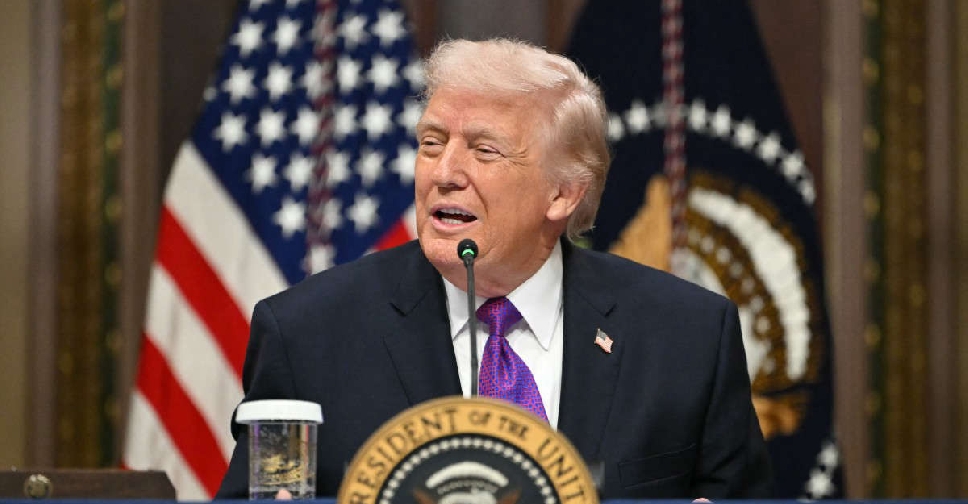 Trump wants say on Iran's next leader
Trump wants say on Iran's next leader
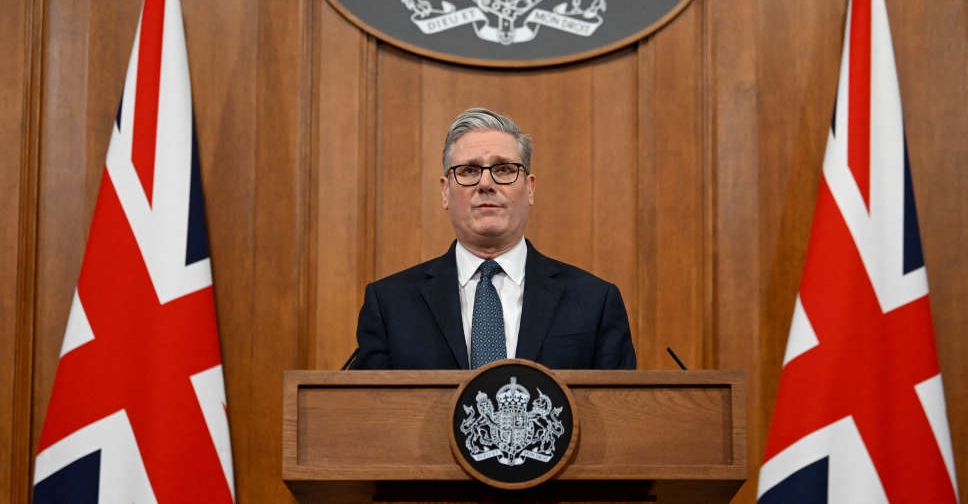 British PM Starmer to send four Typhoon jets to Qatar
British PM Starmer to send four Typhoon jets to Qatar
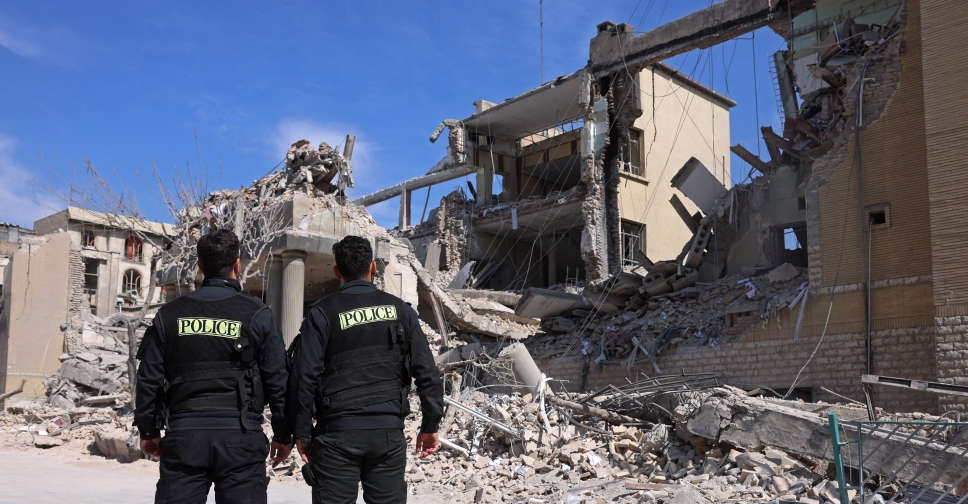 Bombing of Tehran intensifies as war enters day six
Bombing of Tehran intensifies as war enters day six
 Azerbaijan vows to respond after four injured by Iranian drones
Azerbaijan vows to respond after four injured by Iranian drones
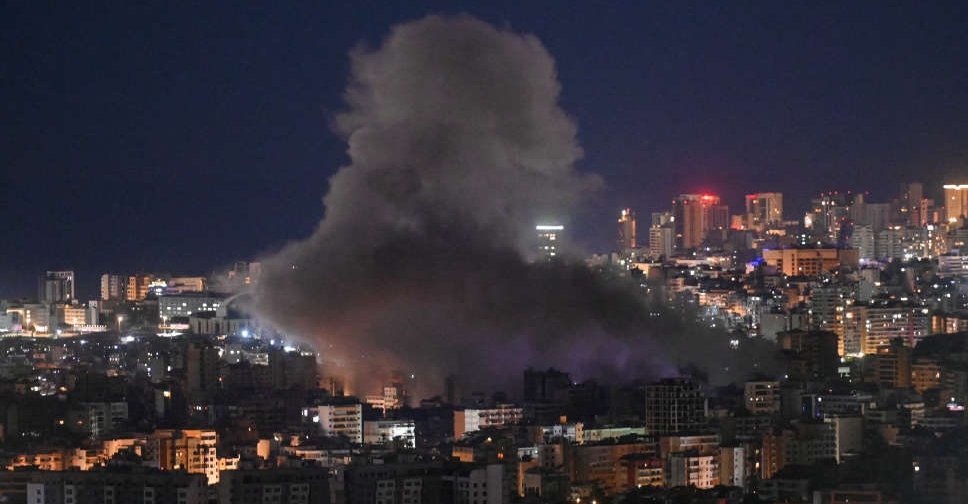 72 killed in Israeli attacks on Lebanon as it warns residents to leave south
72 killed in Israeli attacks on Lebanon as it warns residents to leave south
 Nepal goes to the polls; voters seek change after youth-led protests
Nepal goes to the polls; voters seek change after youth-led protests




